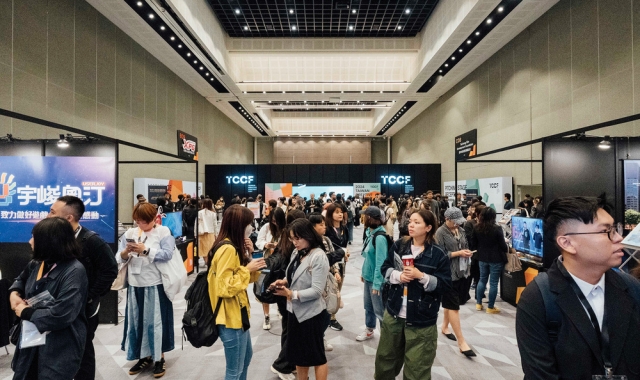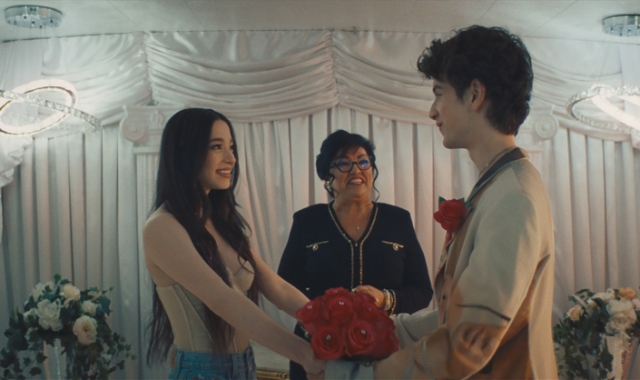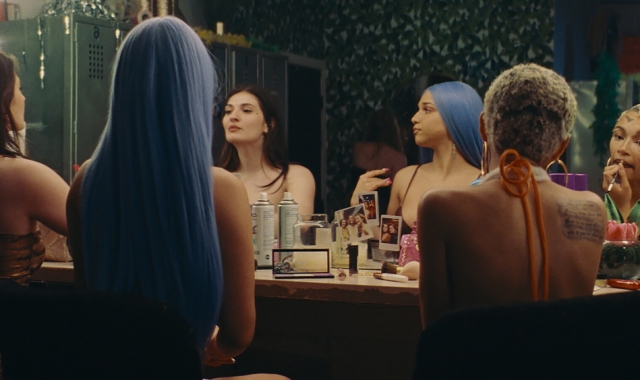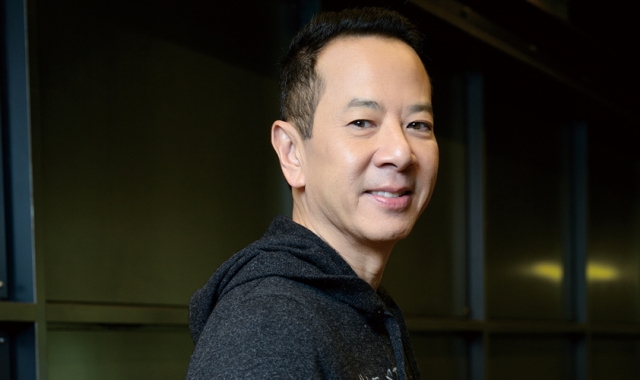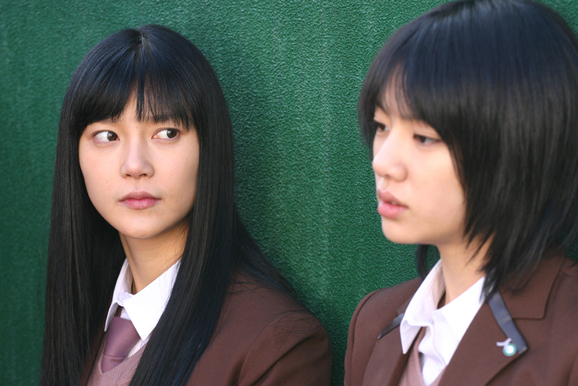
진짜 여름인가보다. 더위, 비, 여름휴가, 수박, 공포영화…. 올해 여름의 공포영화는 지난해의 것보다 상당히 흥미로워 보인다. 이것은 한국이 이제는 공포 장르에 있어 자기만의 특별한 관점을 개발하고 있다는 또 하나의 증거로 볼 수 있다. 아이로니컬하게도 한국 공포영화를 일본, 타이, 할리우드의 것과는 확실히 구별할 수 있게 해준 다수의 감독들은 원래 다른 장르에 더 관심을 갖고 있다고 말한다. 한국 감독들이 “나 자신은 사실 공포영화 팬이라고 할 수 없다”라고 말하는 것을 쉽게 접할 수 있다.
다수의 한국 공포영화들을 (공포영화의 세계적 메카라고 할 수 있는) 스페인 시체스영화제 카탈로그에 있는 작품들과는 다른 범주로 넣어야 할 것처럼 보이는 것은 사실이다. 물론 일본 공포영화의 영향을 받은 흔적도 있지만, 한국 영화감독들은 자신만의 독특한 스타일과 다채로운 비주얼, 그리고 공포영화 속에서 다른 장르의 분위기를 내는 방식에서 가장 창의성을 발휘하는 것 같다. <여고괴담 두 번째 이야기> <장화, 홍련> <소름> <4인용 식탁> <알포인트> <분홍신> <여고괴담4: 목소리> <가발> 등… 장단점이 어떻든 간에 한국 외의 다른 영화업계에서 이런 식의 작품들을 제작한다는 것은 상상하기가 어렵다.
공포 장르를 묘사하는 데 잘 쓰이는 말은 아니지만 이런 영화들은 심지어 ‘시적이다’라고 할 수 있을 것이다. 이런 영화들은 시와 마찬가지로, 감각적이고 때로는 추상적인 심상, 또 대사와 움직임과 편집이 만들어내는 리듬감 있는 템포, 그리고 공명한 또는 상징적인 의미 등을 활용하여 관객의 강렬한 감정을 불러일으킨다. 사회적 논평을 제기하고자 하는 영화들이 공포 장르의 형식 속에서 삐거덕거리고 그 무게에 눌리는 감이 있는 반면, 시적 영화 연출과 공포영화 연출은 우리가 생각하는 것보다 그 목적하는 바가 서로 잘 맞아떨어진다. 두 장르 모두가 감정에 치중하면서 일종의 시너지 효과를 발휘한다.
시적 공포영화의 이상은 한국 영화산업 특유의 강점에 잘 맞는 것처럼 보인다. 그러나 위에 언급된 영화 중에서 가장 시적인 영화인 경우에도 결론 부분에 이르면 길을 잃고 헤매는 경향이 있다. 모든 한국 코미디영화가 마지막에 가선 멜로드라마가 되어버리는 것처럼 모든 한국 공포영화도 종말엔 갑자기 미스터리로 전환할 필요를 느끼는 듯하다. 그렇지만 논리를 구축해나가는 미스터리영화와 관객의 가장 근본적 감정을 건드리는 것을 목적으로 하는 공포영화, 이 두 장르보다 더 상반되는 두 장르는 없을 것이다. 영화 내내 살기와 복수심을 띤 유령의 이미지들로 관객을 잔뜩 놀라게 하고 겁에 질리게 하고서는, 감독은 갑자기 관객을 앉혀놓고 그 귀신이 중학교는 어딜 다녔는지, 누가 그녀를 놀려댔는지, 그녀의 사회경제적 신분이 어땠는지 등의 장황한 설명을 늘어놓는다. 공포영화 속에서 설명이 꼭 필요하다면 한약 한첩 넘기듯 바로 넘겨야 하지 영화의 하이라이트처럼 제시되어선 안 된다. 마지막 크레딧이 올라갈 때까지 시적인 면모를 그대로 유지하는 한국 공포영화는 몇 없다. 그렇게 한 것은 <여고괴담 두 번째 이야기>와 <소름>만이 성공했다고 감히 말하겠다.
대다수의 감독들은 자신의 영화에 상업적 가능성을 더해주기 위해선 이런 지루한 설명이 필요하다고 주장할 것이다. 그렇지만 십대들이 공포영화에 몰려들 땐 논리적 퍼즐을 풀기 위함이 아니라, 무서움을 느끼기 위해 가는 것이다. 그래서 나오는 의문은 한국 공포 장르의 두 번째 알 수 없는 특성, 즉 분위기를 잘 살린 예술적인 공포영화를 만드는 감독들은 왜 관객을 무섭게 하는 것을 그리 주저하는지? <여고괴담4: 목소리>가 완벽한 예다. 밤에 어둑하니 유폐된 학교의 분위기는 그 자체로 뼛속까지 오싹하게 만들기에 충분한데, 유혈 낭자한 귀신들이 비명을 지르면서 그림자 속에서 튀어나와 우리의 심장을 멈추게 하는 일은 없다. 한국 감독들은 이런 종류의 것들이 예술적 야심을 품은 영화에는 적절치 못하다고 생각하는 듯하다. 그렇지만 시적 공포영화라면 관객을 무섭게 한다고 해서 수치심을 느낄 필요는 없다. 한국 영화업계의 어마어마한 재능을 생각하면 논리적 설명을 최소로 유지하면서 고도로 시적이고 진정으로 무서운 영화를 제작하게 되면, 정말로 신나는 예술적, 상업적 성공을 거둘 수 있을 것이다.
Horror as poetry
Ah, summer. Heat, rain, summer vacation, watermelon, horror films. This year's collection of summer horror films looks to be considerably more interesting than last year's, and gives us further evidence that Korea is developing its own special take on the horror genre. Ironically enough, many of the directors who have done the most in making Korean horror recognizably different from Japanese, Thai, or Hollywood horror are people who claim to be primarily interested in other genres. "I'm not really a fan of horror movies myself," is a phrase you hear Korean directors say over and over again.
It's true that many Korean horror films seem to fit into a different category from the kind of works that fill the catalogue of the Sitges festival in Spain (perhaps the world's mecca for horror films). There is of course an influence from Japanese horror, but Korean filmmakers seem to be most original in terms of their stylish, colorful visuals and the way they bring the atmosphere of other genres into the horror film. Memento Mori, A Tale of Two Sisters, Sorum, The Uninvited, R-Point, The Red Shoes, Voice, The Wig... whatever their strengths or weaknesses, it's hard to imagine another film industry producing works quite like these.
One could even call many of these films poetic, which is a term rarely used to describe the horror genre. Like poetry, these films use sensual and at times abstract imagery; a rhythmic tempo created by dialogue, movements, and editing; and resonant or symbolic meaning to re-create strong feelings in the viewer. Whereas films that attempt to make social commentary often feel weighed down and hampered by the dictates of the horror genre, the aims of poetic filmmaking and horror filmmaking are more aligned than we might think. Both focused strongly on the emotions, they display a kind of synergy.
The ideal of the poetic horror film would seem to be a good fit with the particular strengths of the Korean film industry. However even the most poetic of the films mentioned above seem to lose their way as they reach their conclusion. Just as all Korean comedies become melodramas in the end, all Korean horror films seem to feel the need to suddenly transform into a mystery in the final reel. And yet surely no two genres are more contradictory than the mystery film, structured around logic, and the horror film which targets viewers' most fundamental emotions. After thrilling and frightening us throughout the film with the image of a bloodthirsty, vengeful spirit, the director suddenly sits us down and gives us a laborious explanation of where the ghost went to middle school, who called her names, what her socioeconomic status was, etc. etc. If some explanation is required in a horror film it should be downed quickly, like a bowl of traditional medicine, it shouldn't be presented as the film's highlight. Very few Korean horror films reach the end credits with their poetry still intact; I would venture to say that only Memento Mori and Sorum have been successful in doing so.
Most directors would probably maintain that this lengthy explanation is necessary to make a film more commercially viable, but teenagers don't flock to horror films in order to solve logical puzzles, they go to be scared. Which leads to the second puzzling characteristic of the Korean horror genre: why are the directors of atmospheric, artistic horror films so reluctant to scare their audiences? Voice is a perfect example: the mood of the darkened, abandoned school at night is enough by itself to send chills down your spine, but no screaming, blood-covered ghosts rush out of the shadows to make our hearts stop. Korean directors seem to think this sort of thing unworthy of an artistically ambitious film, but a poetic horror film need feel no shame at being scary. Given the huge amount of talent in the Korean film industry, a highly poetic and genuinely frightening film, which keeps the logical explanations to a minimum, could be a truly exciting artistic and commercial hit.


